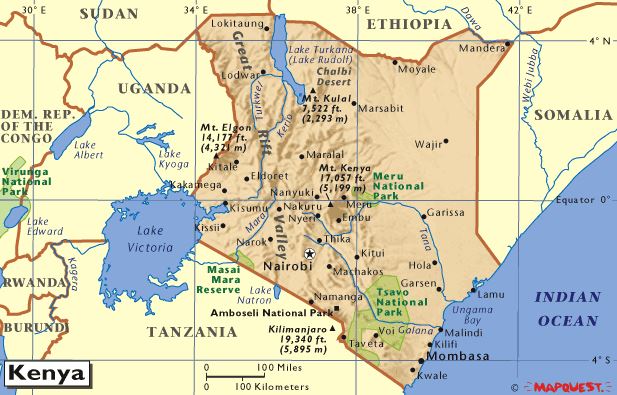Panic has gripped Kenyans following a warning that Cyclone Hidaya is closing in on the Indian Ocean.
The news comes in the wake of heavy rains and widespread flooding that has claimed the lives of at least 188 people and displaced tens of thousands.
How will it affect Kenya?
Tropical Cyclones are named alphabetically, meaning that Cyclone Hidaya expected to make landfall south of Dar es Salaam, will be the eighth. The season for tropical cyclones over the Indian Ocean is between November and May.
A tropical cyclone is a low-pressure system that develops over warm tropical waters. They are intense circular storms with sustained wind speeds that mostly cause heavy rains when they make landfall.
Tropical cyclones typically develop at latitudes between 5° and 30° North or 5° and 30° South of the equator in tropical oceans.
They do not form within 5° of the equator because of a lack of sufficient Coriolis force. It is also because of the Hadley Cell at which the winds are deflated southwards or northwards.

In the case of Kenya, the country lies within Latitude 4° North and South hence it is safe from Tropical Cyclones. This means that the Country may only feel the impact of the spinoff of winds from the cyclone that may cause rainfall.
According to the Igad Climate Predictions and Applications Center (ICPAC), Tropical Cyclone Hidaya is currently active over the Indian Ocean, north of Madagascar and is predicted to make landfall along Tanzania’s coast late on Friday to the south of Dar es Salaam.
Tropical Cyclones are usually associated with heavy rainfall which is expected to persist into Saturday morning before weakening and dissipating.
The Regional Climate body says the storm is expected to result in strong winds and heavy rainfall in coastal areas of Tanzania.
This could potentially result in flooding and damage to power lines, homes, and properties at the place where it will make landfall which is Tanzania.
“Extra caution is strongly advised for marine navigation and fishermen due to choppy waters along the storm’s trajectory,” says ICPAC.





